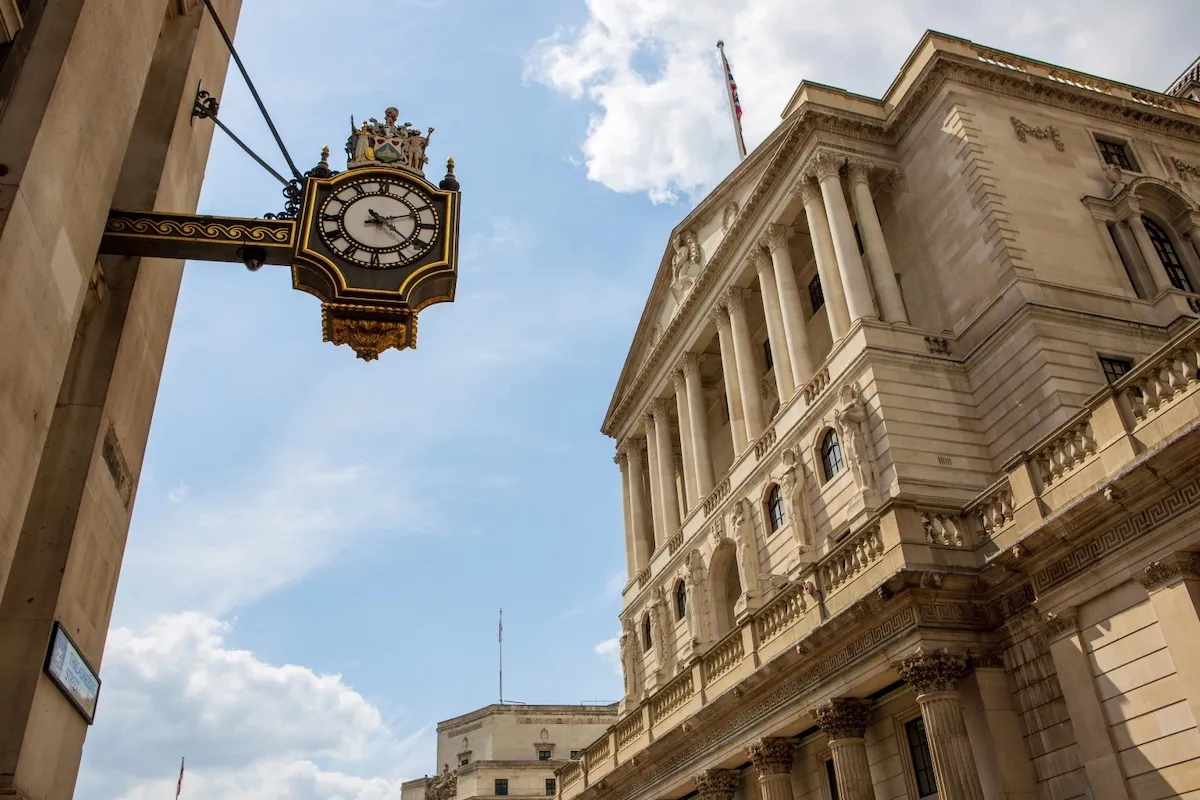The Bank of England is anticipated to maintain its interest rates at 5.25% for the sixth consecutive time, reflecting the ongoing struggle with inflation, which remains above the targeted 2% mark at 3.2%. Alongside this decision, the Bank will unveil its latest projections concerning inflation and the UK’s economic trajectory. This development occurs amidst pledges from major political parties regarding strategies for driving economic growth.
With a looming general election, economic policies are expected to feature prominently in the discourse as households continue to grapple with financial strains. While economists project a continuation of the current interest rates, many anticipate the Bank to initiate rate cuts during the summer, following a prolonged period of high rates.
The Bank’s strategy of maintaining elevated interest rates aimed to mitigate the rapid surge in consumer prices post the easing of Covid-related restrictions. However, this move necessitates a delicate balance as it can deter business investments, potentially impacting production and employment.
The recent uptick in prices, fueled by heightened demand post-restrictions and exacerbated by geopolitical tensions such as the Russia-Ukraine conflict, led to inflation peaking at 11.1% in October 2022, the highest in four decades. While this impacts borrowing costs, it also translates to improved returns for savers.
Despite speculation about imminent rate cuts, experts caution against expecting a swift decline in rates. The Bank has signaled its expectation for inflation to dip slightly below the 2% target by summer, with Governor Andrew Bailey expressing openness to rate cuts even before achieving this target.
As the UK navigates economic challenges, Friday’s release of official economic figures will offer insights into whether the economy witnessed growth in the initial quarter of 2024, following a recessionary phase marked by consecutive contractions at the close of the previous year.















































